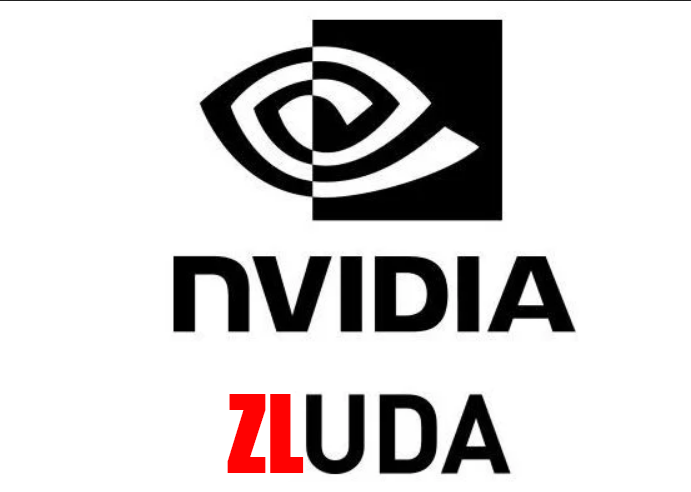ZLUDA: A Solution to NVIDIA’s GPU Monopoly

Title: ZLUDA: A Solution to NVIDIA’s GPU Monopoly
The technology industry has long been dominated by NVIDIA’s CUDA, a proprietary parallel computing platform that has become the standard for modern artificial intelligence and high-performance computing. This has created a significant barrier to entry for other GPU manufacturers and has limited the options for developers and researchers. However, an open-source project known as ZLUDA is aiming to change this by allowing CUDA-based applications to run on non-NVIDIA GPUs.
The Problem with a Monopoly
Since its introduction, CUDA has been widely adopted, making most modern AI tools and frameworks dependent on it. This has created a “lock-in” effect, forcing developers and researchers to use NVIDIA’s often expensive GPUs, even when more affordable or powerful alternatives from companies like AMD and Intel are available. Without CUDA support, these alternative GPUs are unable to run a significant amount of essential software.
ZLUDA: A Translation Layer for Freedom
ZLUDA is a translation layer that enables CUDA applications to run on GPUs from other manufacturers. It works by intercepting CUDA API calls and translating them into functions that are compatible with other hardware platforms, such as AMD’s ROCm or Intel’s GPU runtime. This allows for unmodified CUDA binaries to run on previously unsupported hardware, which eliminates the need to rewrite code or recompile models.
Why ZLUDA is Important
The development of ZLUDA has several important implications for the GPU industry. It offers a new level of technological freedom by reducing the industry’s dependence on NVIDIA hardware. This could enable CUDA software to run on a wider range of GPUs, including those that are more affordable or more energy-efficient. ZLUDA also has the potential to help academic and open-source developers overcome licensing and hardware constraints, which will foster greater competition and innovation within the GPU industry.
Recent Developments and Future Prospects
After a period of inactivity, ZLUDA has recently seen a renewal in its development, with the project’s team expanding to two full-time developers. Key improvements include enhanced support for Large Language Models (LLMs) via LLM.c, which is a critical feature for generative AI applications. The project has also added support for PhysX, which could potentially allow older CUDA-based games to run on non-NVIDIA GPUs. Other advancements include improved logging and debugging systems, and fixes for compatibility issues with AMD’s ROCm HP runtime compiler. The ultimate goal of the ZLUDA project is to democratize GPU computing, which will offer users more choice, freedom from vendor lock-in, and the ability to innovate in a more affordable manner.






